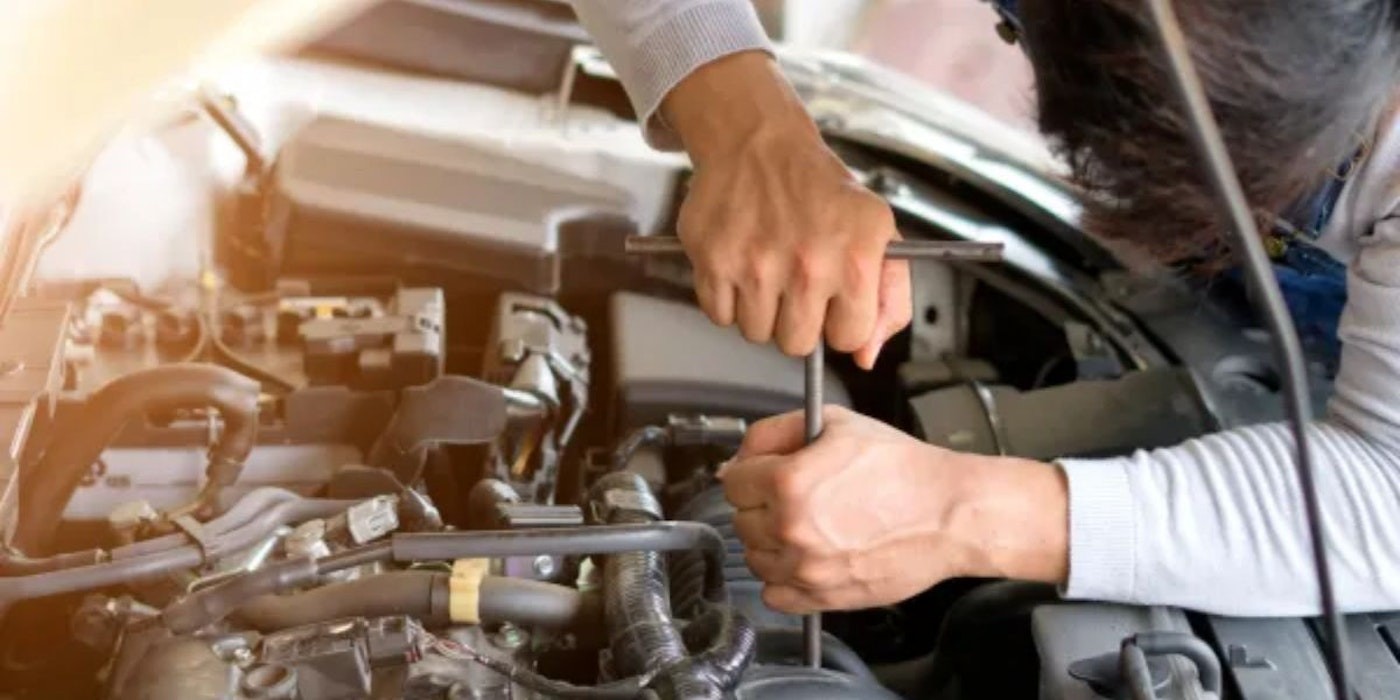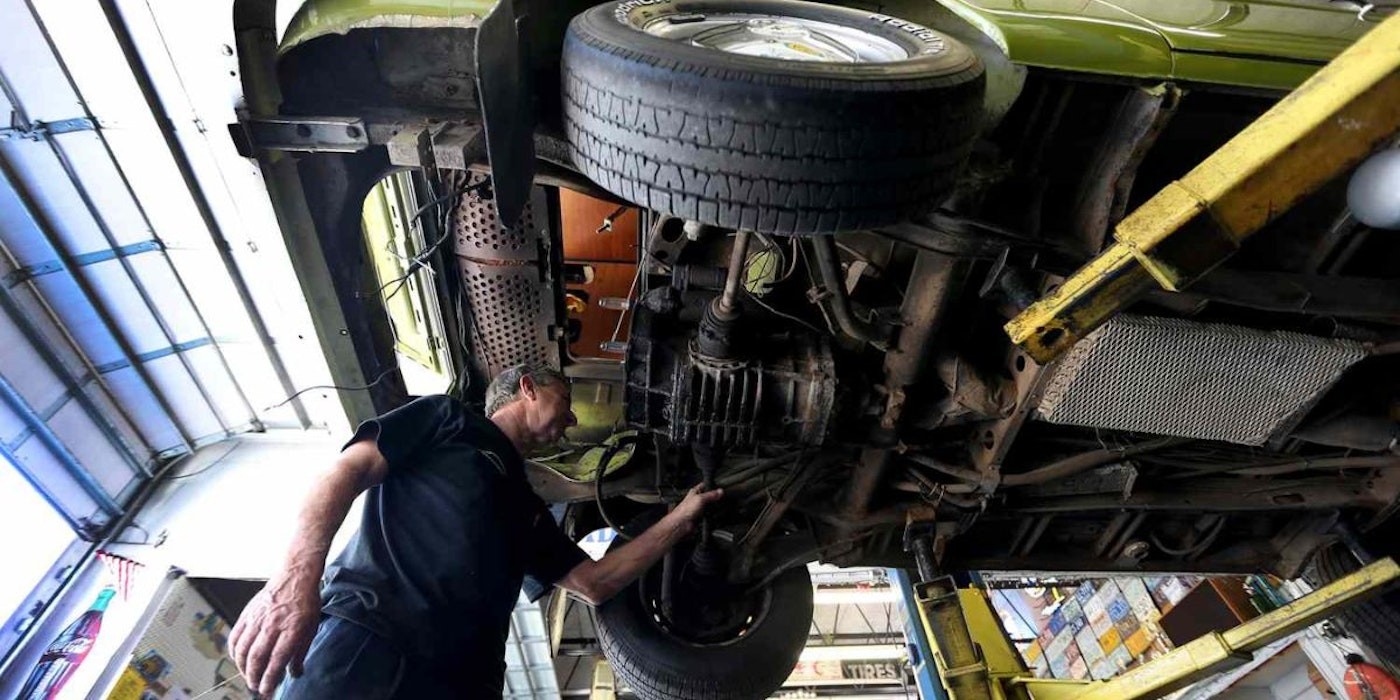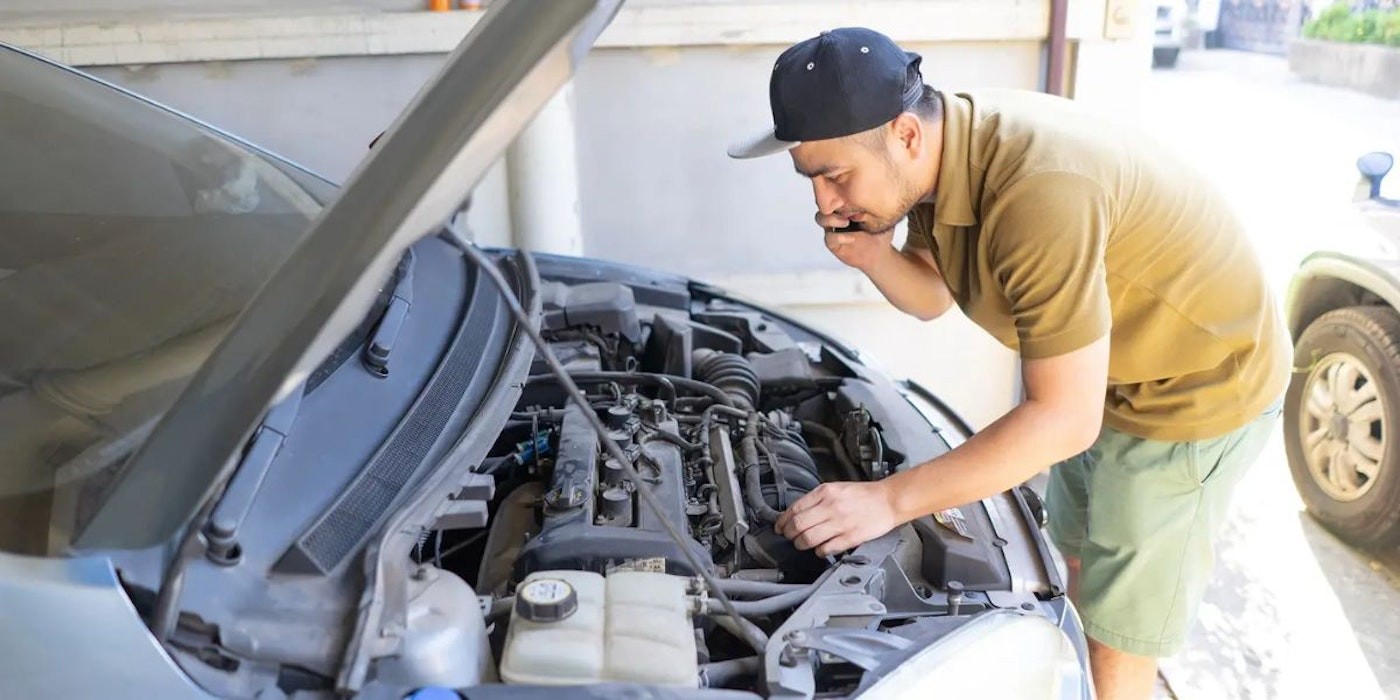Save Money on Car Repairs: Tips for Maintenance and Repair

Looking to save on car repairs? There are smart ways to do it. Check out CR’s Car Repair Assistant. It finds honest repair shops for you. These shops offer good prices. Want to save more? Do some maintenance tasks yourself. This includes changing air filters and checking fluids. When you need parts, head to an auto store. They often help you for free with testing and installing some parts. Finally, never ignore leaks or odd sounds. Fixing these early can keep repair costs low later.
Key Takeaways:
- Utilise CR's Car Repair Assistant to find reputable repair shops with fair prices.
- Save money by performing basic maintenance tasks yourself, such as replacing air filters and checking fluid levels.
- Visit auto parts stores for free testing and installation services for certain parts.
- Address leaks or abnormal noises in your car promptly to avoid costly repairs in the future.
Looking after your car regularly can help you save on repairs. Tasks like oil changes, tire rotations, and brake inspections are key. They let you find problems early. Doing these things on a maintenance schedule means your car lasts longer. It also reduces the risk of big, expensive issues.
With regular checks, you spot problems early. This saves you money in the long run. For instance, changing the oil on time stops the engine from getting hurt.
Rotating your tires means they last longer and use less fuel. Checking your brakes keeps your car safe to drive.
Preventative maintenance means you fix small issues early. This stops them getting worse. It saves you a lot of money later on.
Prioritise Regular Maintenance


- Schedule regular oil changes to keep your engine lubricated and running smoothly.
- Rotate your tires every 5,000 to 7,000 miles to ensure even wear and prolong their lifespan.
- Get brake inspections at least once a year to ensure optimal braking performance.
- Follow the recommended maintenance schedule provided by your vehicle's manufacturer.
Benefits of Regular Maintenance
- Identify potential issues early
- Reduce the risk of costly breakdowns
- Extend the lifespan of your vehicle
- Improve safety on the road
- Enhance fuel efficiency
By making regular maintenance a priority, you'll save on car repairs. Your vehicle will stay in top shape. Don't forget to do routine tasks. They're vital for your car's health and to avoid sudden costs.
Choosing Quality Parts for Long-Term Savings

Choosing the right parts for your car can save you a lot of money in the long run. Even though cheaper parts might look good at first, they often don't last long. It's better to spend more on parts that will keep your car running well for longer.
Going for real or good aftermarket parts lets you trust your car more. These parts are tough and meant to last, cutting down on repair costs over time.
Many people worry if aftermarket parts will fit their car. But, top aftermarket brands work hard to make sure their parts work as well as the ones your car came with. This means you get quality parts without the high cost.
Good parts not only save you from buying them again soon, but also on the cost to put them in. Cheaper parts often break faster, needing more time and money to replace. By choosing quality, you save on both parts and labour down the line.
So, investing in top-quality parts is a smart move for your car and your wallet. They last longer, are more reliable, and give you peace of mind. This way, you're making a choice that's good for your car's health and your finances.
Be Proactive and Address Issues Early

It's essential to tackle problems early to dodge high repair costs. Address warning signs and do preventive fixes. This saves you from big expenses later on.
Regular Inspections and Maintenance
Checking your car often helps find minor problems before they grow. Watch for strange noises and lights on your dashboard. And, sticking to maintenance schedules lengthens your car's life.
Listen to Your Car
Your car lets you know when it's in trouble by making odd sounds or vibrations. Don't ignore these signs. Fast action can stop small problems from becoming really big ones.
Addressing Minor Issues
Small car issues can cause big, costly problems if not fixed early. Deal with them as soon as they show up. Quick fixes for things like loose belts or fluid leaks can save you a lot of money later on.
Implement a Preventative Maintenance Plan
A smart move is to have a regular upkeep plan for your car. Check brakes, tires, and fluids often. This catches small problems before they grow, saving you money and hassle.
Consult a Professional
If you're not sure what's wrong, get a pro to look at your car. They can find and fix problems before they get worse.
Focus on early problem solving in your car. This keeps your vehicle running well and saves you money. Preventive maintenance and quick fixes are key.
Consider DIY Repairs and Compare Quotes

If you're good with fixing things, why not try DIY repairs on your car? This can save you money from paying others to fix it. This is especially true for simple tasks that don't need a lot of tech knowledge. Just make sure you're comfortable and confident in what you're doing.
Before you start a repair, it's smart to get quotes from different shops. This way, you can see who offers the best deal. Also, you can check out their work quality and how skilled they are.
When you look at the prices, also think about the quality of the repair work. Although a low price may seem great, remember, good repairs will keep your car running well for longer. Look for shops that are both affordable and known for doing great work.
Conclusion
In the end, saving money on car repairs is all about being proactive. Start by keeping up with regular maintenance. Fix things as soon as they pop up to steer clear of bigger bills. You might also consider doing some repairs yourself to cut costs.
Keep up with routine care like oil changes and tire checks. It not only makes your car last longer but helps you spot and fix problems early on. This can stop small issues from growing into pricey repairs. Always be alert for any strange sounds or signs in your car.
When you do need to fix something, choose quality parts. Good parts can mean fewer repairs in the future. Look for quotes from different shops. This way, you get a good deal without spending too much.
Stick to these tips and your car will stay in great shape without breaking the bank. Stay on top of maintenance and repairs. Early action and smart choices lead to savings and less worry on the road.
How Driva Can Help You Finance Your Next Vehicle Purchase
Driva can help you finance your next vehicle purchase by providing transparent and no hidden fees. With personalised rates, you can enter your specific information to get a tailored financing option. Driva compares 30+ lenders so you can get the best rate available for your situation. When it comes to buying a vehicle, it's important to also consider the ongoing maintenance costs. Regular servicing is a good way to maintain your vehicle's performance and prevent any serious issues from arising. Finding a trustworthy mechanic or auto repair shop is key, so be sure to ask for recommendations or look for local options online. Pay attention to warning lights and get it checked by a professional to avoid any delays or potentially expensive repairs down the line. Whether it's changing wiper blades, a dead battery, a dent, or a radiator issue, Driva can help you secure the financing you need to keep your vehicle in top condition.
Frequently Asked Questions
How can I save money on car repairs?
You can save money on car repairs by following a regular maintenance schedule, checking your vehicle for any issues, and addressing them promptly.
When should I pay attention to warning signs in my car?
It is crucial to pay attention to warning signs such as strange noises, warning lights on the dashboard, or any unusual vibrations while driving your car.
How do I find a reputable car repair shop?
You can find a reputable car repair shop by asking for recommendations from friends and family, reading online reviews, and checking for certifications and experience of the mechanics.
What should I do if I suspect a problem with my car?
If you suspect a problem with your car, it is essential to get it checked by a professional mechanic to diagnose the issue accurately and prevent any further damage.
How often should I change the oil in my car?
It is recommended to change the oil in your car every 5,000 to 7,500 miles, depending on the type of oil and driving conditions.
Why is it important to pay attention to regular servicing of my car?
Regular servicing of your car helps maintain its performance, prevents costly repairs, and ensures your safety on the road.
What are some top tips for saving money on car repairs?
Some top tips for saving money on car repairs include learning how to perform basic maintenance tasks, looking for local auto repair shops with competitive pricing, and avoiding unnecessary repairs.


.png)






